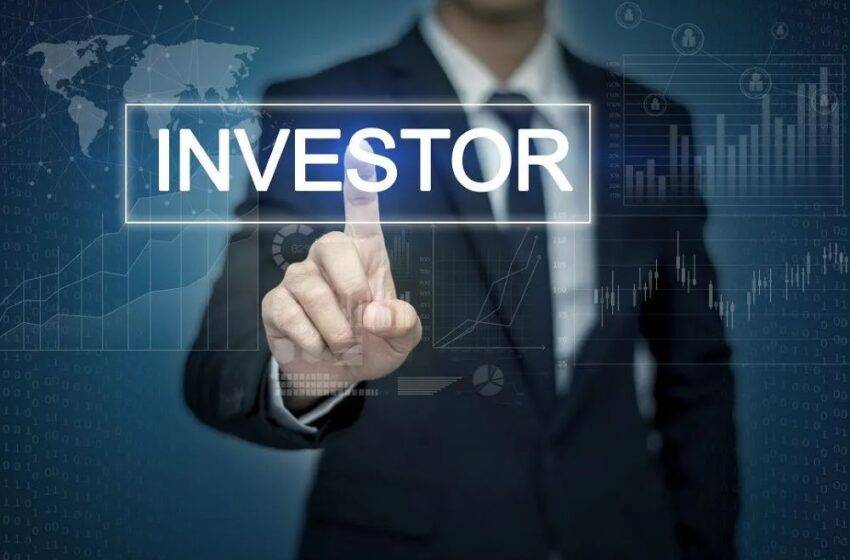
Global Investors Flock to Saudi and UAE
Global investors have been flocking to the Middle East and North Africa (MENA) region, especially the GCC region, where Saudi Arabia and the UAE accounted for 68% of the MENA-based venture investors in the first six months of 2024.
In the first six months of this year, the MENA region experienced a 30% year-on-year increase in the total number global investors to 126, making it the only region across Emerging Venture Markets to see such growth.
Even the MENA-based Investors grew 8% year-on-year to 136 with the UAE and Saudi Arabia accounting for 68% of these investors. This increase underscored the strong regional focus on nurturing local start-ups. This increase underscores the strong regional focus on nurturing local start-ups.
This growth contrasts sharply with SEA and Africa, which saw declines of 2% and 34%, respectively. This uptick was driven primarily by a 75% increase in international investors, with UAE and Saudi Arabia leading the charge.
Sanabil Investments, which is owned by Saudi Arabia sovereign wealth fund – Public Investment Fund – emerged as the top investor by capital deployed, investing $57.3 million in two Saudi-based start-ups – Oto and SiFi – while California-based VC firm 500 Global was the most active investor by the number of deals, making 16 investments.
In comparison to MENA where VCs and local investors played a more dominant role, South East Asia (SEA) and Africa showed a more prominent presence of corporate investors. The top investors in SEA included seven VCs and three corporates, whereas Africa had six VCs and four corporates, according to a report from MagNiTT, the leading source of analytics, data and insights covering start-ups, investors and funds in Middle East, Africa, Pakistan and Turkey.
Shift in Investor Composition
The report also highlighted a shift in investor composition, with investment companies share increasing to 19% of all investors in H1 of 2024, up from 10% in 2020.
Conversely, the share of corporate investors declined, creating a potential funding gap for late-stage start-ups while VCs continued to dominate with their share making up 53% of the investor base in H1 of 2024, up from 47% in 2022. This growth in VCs and investment companies indicates a robust and adaptable investment environment focused on early-stage ventures.
Saudi Arabia’s E-commerce sector continued to lead the way with $215 million despite a 40% y-o-y drop, and this was followed by fintech with $62 million (up 360%), transport and logistics with $45 million (up 275%), agriculture with $16 million, and food and beverages with $14 million (up 67%).
Additionally, the MENA start-up ecosystem continued to show signs of progress towards maturity, with the share of accelerator deals declining to the lowest share seen in 10 years. The share of accelerator deals fell to 9% in H1 of 2024, marking a 6 percentage point decline from H1 of 2023 and 15 percentage point drop from 2020, highlighting a shift towards direct investment methods.
This trend was consistent with SEA and Africa, where accelerator deals also declined, indicating a broader move towards more direct funding approaches in Emerging Venture Markets.















